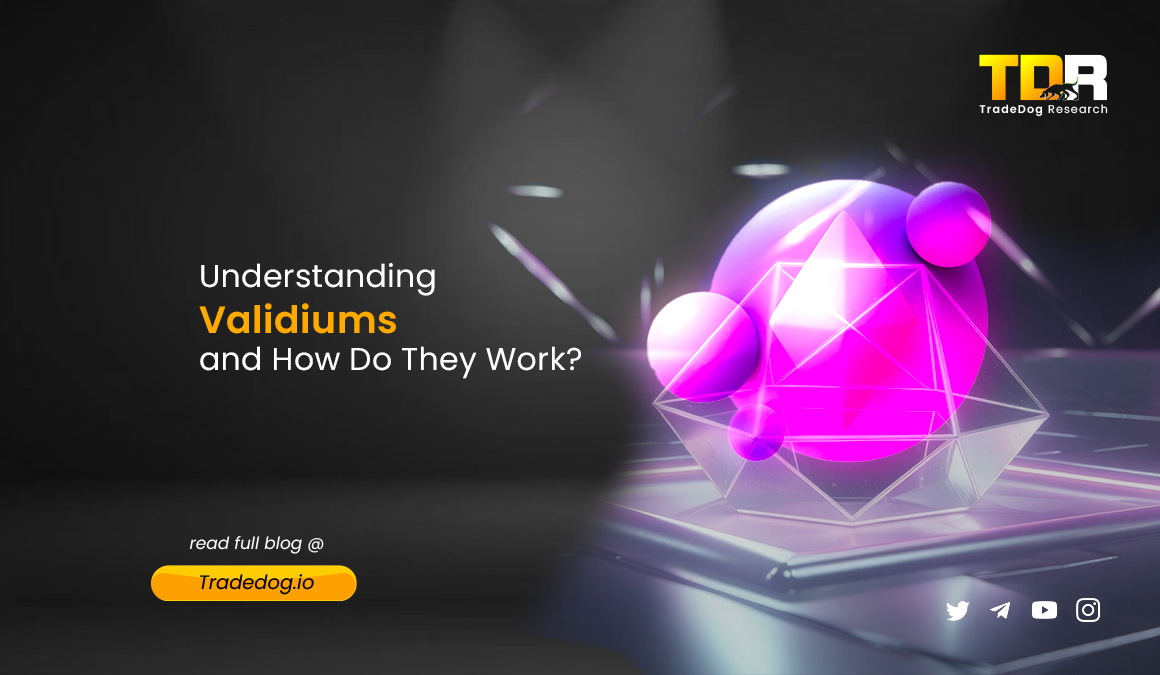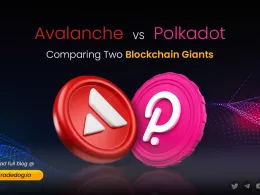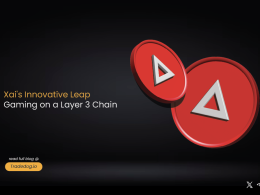Quick Links
Blockchain technology has evolved over the years and one of them is the Ethereum blockchain, a pioneer in the Web3 space, which has revolutionized how we interact with applications. However one of the main issues with Ethereum is scalability which leads to slower transactions and there have been many scaling solutions for it. Validium is one of the scaling solutions to the existing Ethereum scalability issue. In this article we will understand more about Validium, how it works, and also its pros and cons.
Understanding Validium
Validium is a scaling solution for the Ethereum blockchain aiming to tackle limitations like slow transaction speeds and expensive fees. It achieves this by processing transactions off the main Ethereum chain, significantly reducing congestion. While the transactions themselves reside off-chain, Validium utilizes zero-knowledge proofs to cryptographically guarantee their validity to the Ethereum mainnet. These proofs are compact compared to the actual transaction data, ensuring security without burdening the main chain.
How does it work?
Transactions:
Users send transactions to the operator, a node responsible for executing transactions on the Validium chain. The operator groups transactions into batches and forwards them to a proving circuit for validation. This proving circuit takes the transaction batch and other relevant data as input, generating a validity proof to confirm that the operations were conducted accurately.
State Commitments:
The state of the Validium, containing all account records and balances, is organized into a Merkle tree structure. The root of this tree, known as the state root, is securely stored in the main contract on the Ethereum blockchain. It serves as a cryptographic commitment to the current state of accounts and balances within the Validium.
Following transaction processing, the operator calculates the state root to reflect the new account states. This updated state root, accompanied by a cryptographic proof of validity, is then submitted to the Ethereum mainnet for verification.
Deposits & Withdrawals:
To transfer their assets from Ethereum to a Validium, users can deposit ETH or other tokens by sending them to a designated contract on the Ethereum network. This contract then relays the deposit information to the Validium off-chain and adds the corresponding amount to the user’s off-chain account.
To withdraw funds back to the Ethereum network, users need to request a withdrawal from the operator. The operator incorporates this request into a batch for processing. Once the batch is confirmed on Ethereum, users can proceed with withdrawing their funds.
Advantages of Validium
- Enhanced Scalability: Validium can process thousands of transactions per second, making it ideal for high-throughput applications like decentralized exchanges and gaming platforms.
- Privacy and Security: Leveraging zk-proofs, Validium provides enhanced transaction security by allowing parties to verify information without revealing sensitive data.
- Lower Transaction Fees: Validium settlements are more cost-effective than mainnet transactions due to reduced computational overhead. This affordability benefits users and makes Ethereum more accessible.
- Faster Transaction Speeds: Off-chain processing enables Validium transactions to be faster than mainnet transactions, supporting applications requiring swift and reliable transaction processing.
Challenges to Validium
- Centralization Concerns: Users must trust validators, potentially leading to centralization issues if a few validators control a significant portion of the network.
- Dependence on Data Providers: Validium relies on external data providers for off-chain data, introducing trust issues and vulnerability to data manipulation or unauthorized access.
Use cases of Validium
- Facilitating Seamless NFT Marketplaces
- Validium can streamline gas-less transactions for minting, buying, and selling NFTs by processing them off-chain. This eliminates the high fees often associated with NFT trading.
- Enhancing DeFi with Speed and Cost Savings
- Validium might facilitate faster settlement and significant gas savings by managing lending, borrowing, swapping, and other DeFi transactions off-chain.
- Blockchain Gaming
- Validium can enhance gaming experiences by processing in-game actions off-chain, mitigating lag, downtime, and disruptions caused by on-chain congestion.
- Boosting Efficiency and Transparency in Supply Chains
- Large retailers have the potential to employ Validium for securely monitoring food shipments, ensuring proper handling without overwhelming the blockchain with extensive amounts of supply chain data.
Conclusion
Blockchain technology is evolving, and scaling solutions like Validium act as accelerators. Validium is perceived as a solution that will significantly enhance the existing issues of the Ethereum mainnet. By addressing the scalability problem, Validium can improve transaction throughput, marking a crucial step toward resolving the Ethereum scalability issue.









